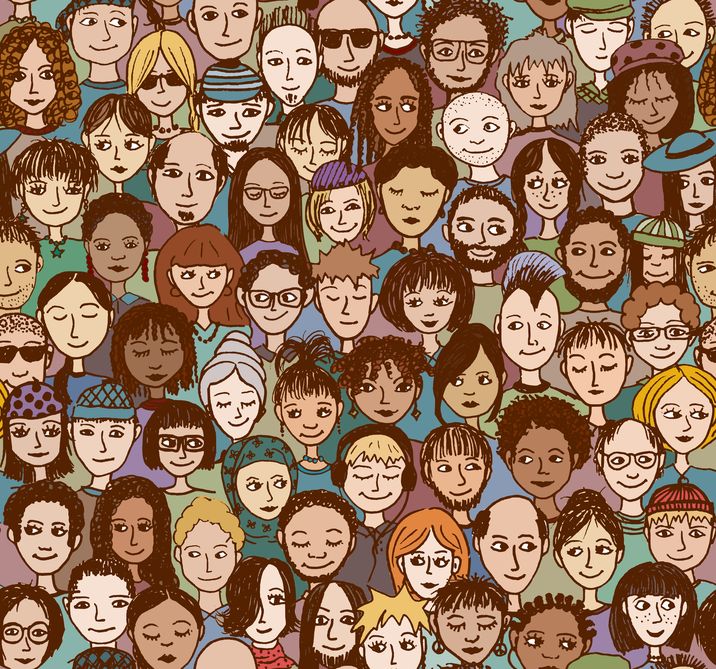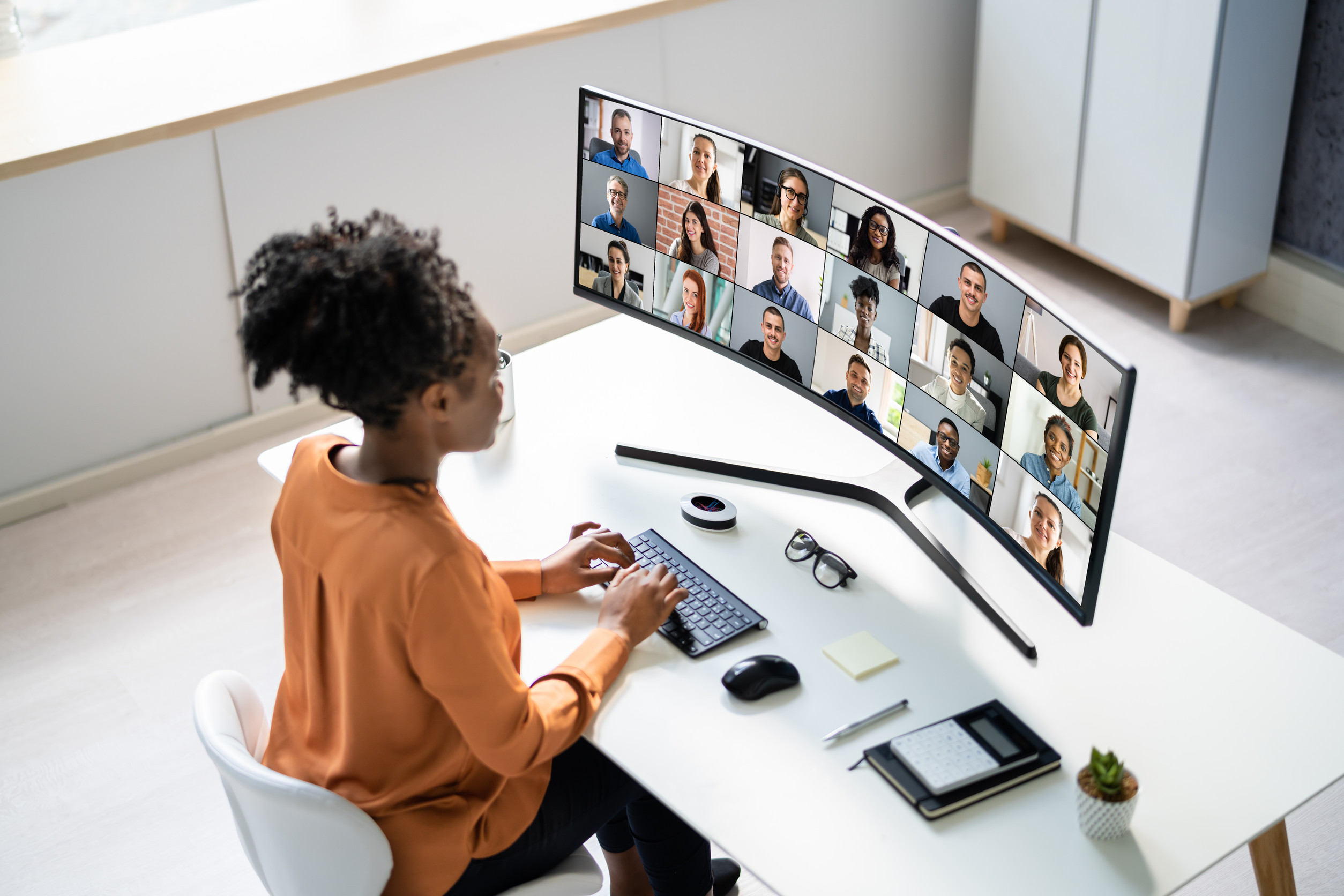The Importance of Etiquette
in a Civil Society

Statesmanship are the quality characteristics of personhood and leadership that many would like to see alive and well in today’s public world.
Judith Martin, aka Miss Manners, once asked, “Are there no revolutionaries who can get this right? What would it take to make people realize that a decent standard of behavior is worth fighting for; it requires an ongoing struggle and consent of the governed.“
Ms. Martin also reminds us that the Founding Fathers of our country lay the foundations of egalitarian etiquette. “Although the results are not widely known, many of the Founding Fathers wrote about etiquette. Their successors in the noble cause of using etiquette to express empathy, individual freedom, social mobility, and the dignity of labor, have included Ralph Waldo Emerson, Harriet Beecher Stowe, and Eleanor Roosevelt.”
Within the conversations in our society regarding how to lead people to better behavior at all levels of government, as well as in professional, social, and religious organizations, the word “etiquette” doesn't come to the fore often enough. It should, though.
Why Etiquette is so Important
Etiquette helps us govern our thoughts and actions. It helps us realize that we need to consider ways to defuse the language of our views, bringing them into the range of reasonableness and out of rudeness. It helps us temper our free speech. It serves as a mirror of other people’s feelings.
In short, etiquette helps us tap into empathy. The question that I use most often in my etiquette teachings is, “What is it like to be on the other side of me?” When we can place ourselves in a scenario to feel what another person may be feeling, our words and actions automatically become more respectful.
Respect is the hallmark of a civil society.
Marks of Kindness
When respect is turned into action, it becomes kindness. It exists at the heart of the most basic etiquette guidelines, which is what makes them timeless:
- Remembering polite acknowledgments, “Please,” “Thank you,” “How Kind,” “My pleasure.”
- Being punctual is realizing the importance of others’ time.
- Being sensitive to how others wish to be addressed.
- Greeting others with friendly eye contact and kind words.
- Responding when addressed.
- Reaching back in reply to communication – physical or digital.
- Exercising patience when waiting your turn.
- Holding doors for others, letting others go first.
- Friendly and honest hospitality, welcoming others into conversation.
- Full attendance in conversation.
It’s really up to each of us to be representatives of our own best behavior, as individuals participating in a free and civil society. As former President George Washington offers as his first “Rule of Civility”, “Every action done in company, ought to be with some sign of respect, to those that are present.” To take that point further, former President Theodore Roosevelt said, “Politeness is a sign of dignity, not subservience.”
The legacy of true statesmen, kind leaders, and respectful citizens is a community or society that works together for good. What legacy will you choose to leave our world?














